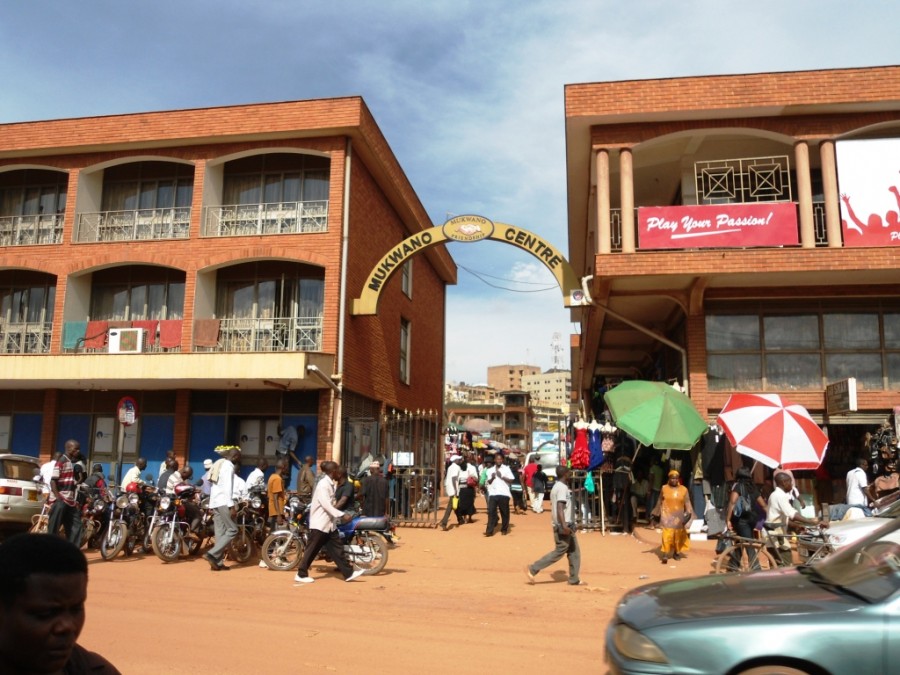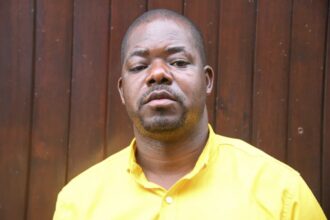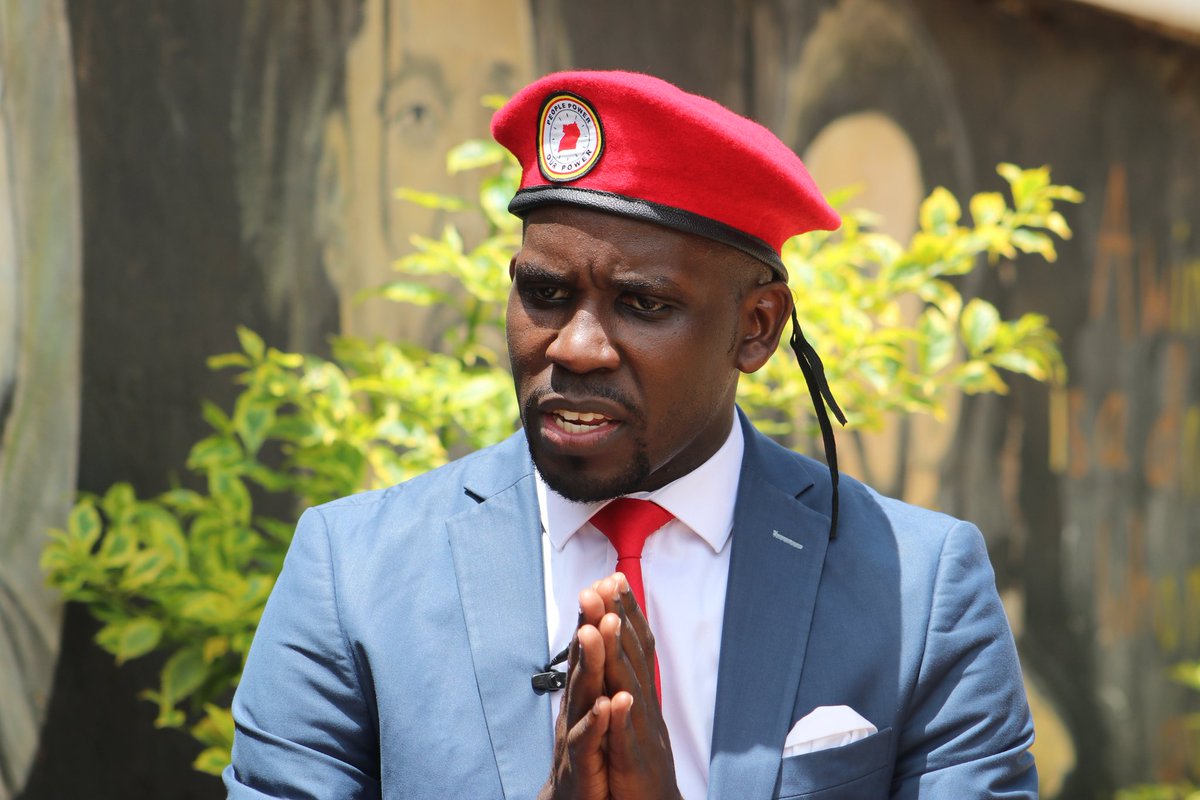Kampala, Uganda – July 2025: He walks alone in a realm no other dares to enter. He buys with cash, not clout. And today, he has made history.
In what is being hailed as the largest private real estate transaction in Uganda’s modern history, property mogul John Bosco Muwonge, popularly known in city circles as Ntere Nfune, has acquired the iconic Mukwano Mall in central Kampala for a jaw-dropping $65 million USD (UGX 250 billion). This acquisition cements his position at the apex of Uganda’s property empire and sends a ripple effect through East Africa’s investment markets and real estate corridors, where whispers of his next move have already begun.
THE $65 MILLION DEAL THAT SHOOK THE GROUND
Confirmed by sources close to the transaction and corroborated by land registry disclosures, the deal was closed without financing, consortiums, or external equity — a straight cash transaction. Mukwano Mall, an expansive commercial centre with deep historical and economic significance in Kampala, now belongs to a man who has largely operated outside the public eye but inside every major transaction in the city.
The mall’s transition from a legacy family-owned asset to a new chapter under Muwonge has redefined valuation parameters, forcing other landlords to reassess their holdings.
**NTERE NFUNE: THE UNDISPUTED LANDLORD**
Known for keeping a low profile and often avoiding even basic interviews or photographs, John Bosco Muwonge has quietly amassed an empire so extensive that no formal list of his holdings can be completed. Instead of chasing clout or state tenders, Muwonge made his fortune through a direct-to-ownership approach, acquiring prime land and buildings at critical moments of Kampala’s urban evolution. He is said to own 47% of all commercial properties and land in Kampala’s Central Business District: –
From William Street to Wilson Road: 52% – Luwum Street: 40%
– Nabugabo Street: 68%
– Ben Kiwanuka Street: 50% –
Kisekka Street: 47% –
Old Taxi Park zone: high dominance – Kisenyi sector: 98%, a near-total command
Tenants in these areas operate under leases, licenses, and subleases that often trace back to his firms. Every day, businesses open their shops in buildings they may not know he owns — but they pay rent to him nonetheless.
**A MONARCH WITHOUT A CROWN** Muwonge is not merely wealthy; he is structurally dominant. He has positioned himself not just as a landlord, but as a central axis around which commercial Kampala turns. While many property tycoons build malls for prestige, Muwonge builds them to absorb traffic, command movement, and centralize trade. His philosophy is deeply practical, grounded in cash flow and long-term urban relevance. He doesn’t borrow. He doesn’t advertise. He doesn’t partner unnecessarily. And yet, he controls the invisible threads of the capital’s economic fabric.
**THE SILENT COMPETITOR: A NEW ERA**
With this $65 million acquisition, Muwonge has solidified his status as a leading figure in Uganda’s property market. Sources say this is the single largest all-cash commercial property acquisition in Ugandan history, marking a significant milestone in the country’s real estate landscape.
**THE URBAN IMPACT: SHOCKWAVES THROUGH EVERY SECTOR**
The effects of this deal are already being felt. Property brokers report rising rental demand around the Mukwano zone. Landowners near the transaction have paused their own sales, expecting a ripple in valuations. Government planners have taken notice.
With the Mukwano acquisition consolidating such a massive commercial zone under one man, questions about zoning, congestion, and taxation are emerging. But there is also optimism. Muwonge’s properties are known for being secure, clean, and functional. Tenants report good returns despite high rents, owing to his effective property management structures.
**A SYMBOLIC TURNING POINT**
This deal is about more than money. It marks a symbolic generational handover from Uganda’s old business class to a new, more secretive but equally ambitious class of investor. Muwonge’s journey from the streets of downtown Kampala to controlling nearly half of it is a story that captures the imagination of every entrepreneur, developer, and dreamer. He has proven that quiet success is still possible in a world addicted to spectacle. And above all, he has reminded Uganda that while others boast, some simply build.
**REACTIONS FROM KAMPALA’S BUSINESS COMMUNITY** Business owners, developers, and analysts alike have been quick to respond. Some fear that with such overwhelming market control, Muwonge’s grip might raise rents and limit competition. Others celebrate the fact that the mall is now in the hands of someone with a proven record of improving and maintaining property value.
“Muwonge doesn’t just own buildings; he activates zones,” says Lydia Namukasa, a real estate strategist.
“Wherever his footprint lands, commerce multiplies.”
Economic historians are framing this deal alongside East Africa’s most impactful land deals in modern memory. While Rwanda, Kenya, and Tanzania attract international developers, Uganda now boasts its own homegrown titan of industry whose portfolio outshines most foreign players.
**SPECULATIONS ABOUT HIS NEXT MOVE**
What comes next for Muwonge is the question on everyone’s mind. Some insiders hint at plans for modern high-rise residential towers. Others speak of interest in logistics hubs or healthcare infrastructure. His secrecy makes him unpredictable, but also makes his influence unavoidable. Wherever he’s going next, developers are watching. And waiting.
**COMPARING GLOBAL DEALS** Globally, $65 million is a high-value urban purchase in developing economies. In cities like Nairobi or Lagos, similar properties fetch between $30-$50 million. That Kampala has produced a deal of this scale, internally funded, speaks volumes about the capital potential emerging from within Uganda. Unlike foreign-backed real estate projects, Muwonge’s transaction represents local liquidity, vision, and scale. No offshore accounts. No foreign banks. Just a Ugandan operating at global magnitude.
**INSPIRATION TO A NEW GENERATION**
To Uganda’s youth, often disillusioned by rising unemployment, broken systems, and daily economic pressures, Muwonge is fast becoming a symbol. He came from the same dusty roads. He wore the same second-hand shoes. And now he owns a city. His model isn’t just business. It’s proof. Proof that success doesn’t always wear a suit, post selfies, or attend launches. Sometimes it wears silence. Sometimes it moves in shadows. And sometimes, it buys Mukwano Mall. As the city adjusts to a new landscape of ownership and influence, one thing remains certain: Ntere Nfune is no longer just a man. He is a movement.
Do you have a story in your community or an opinion to share with us: Email us at Submit an Article









